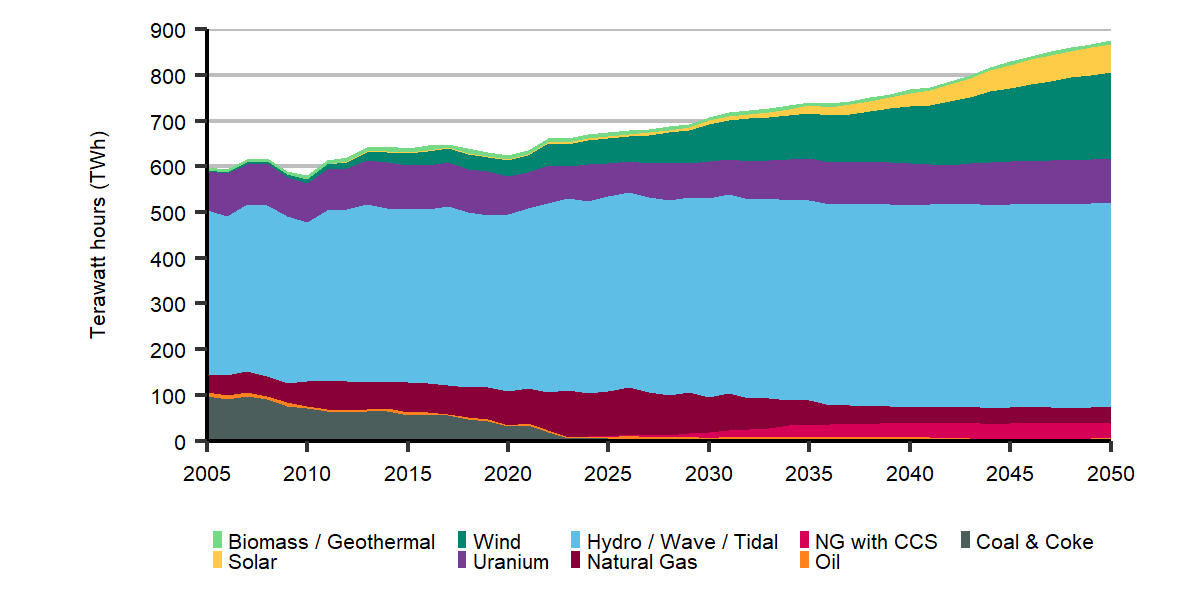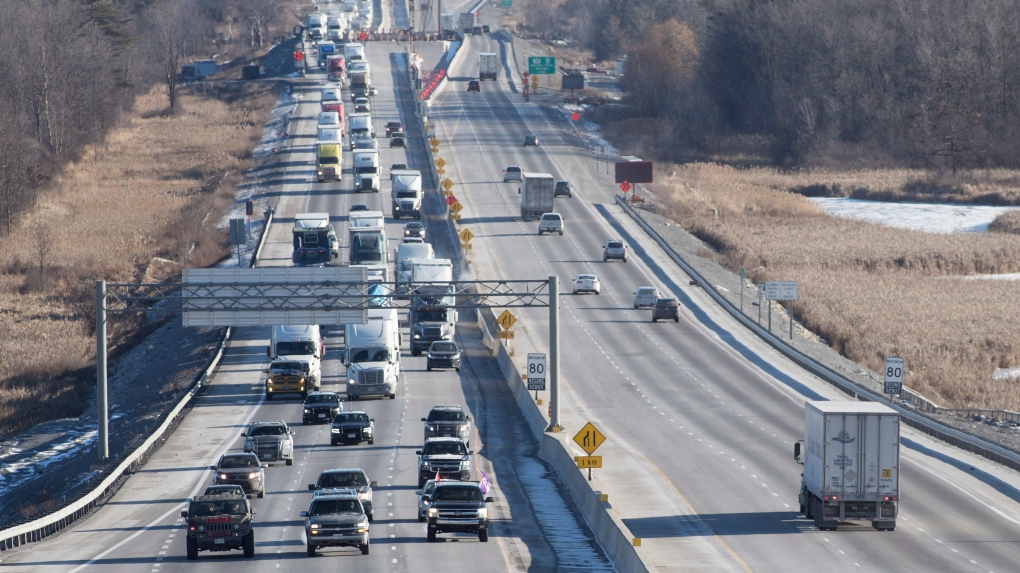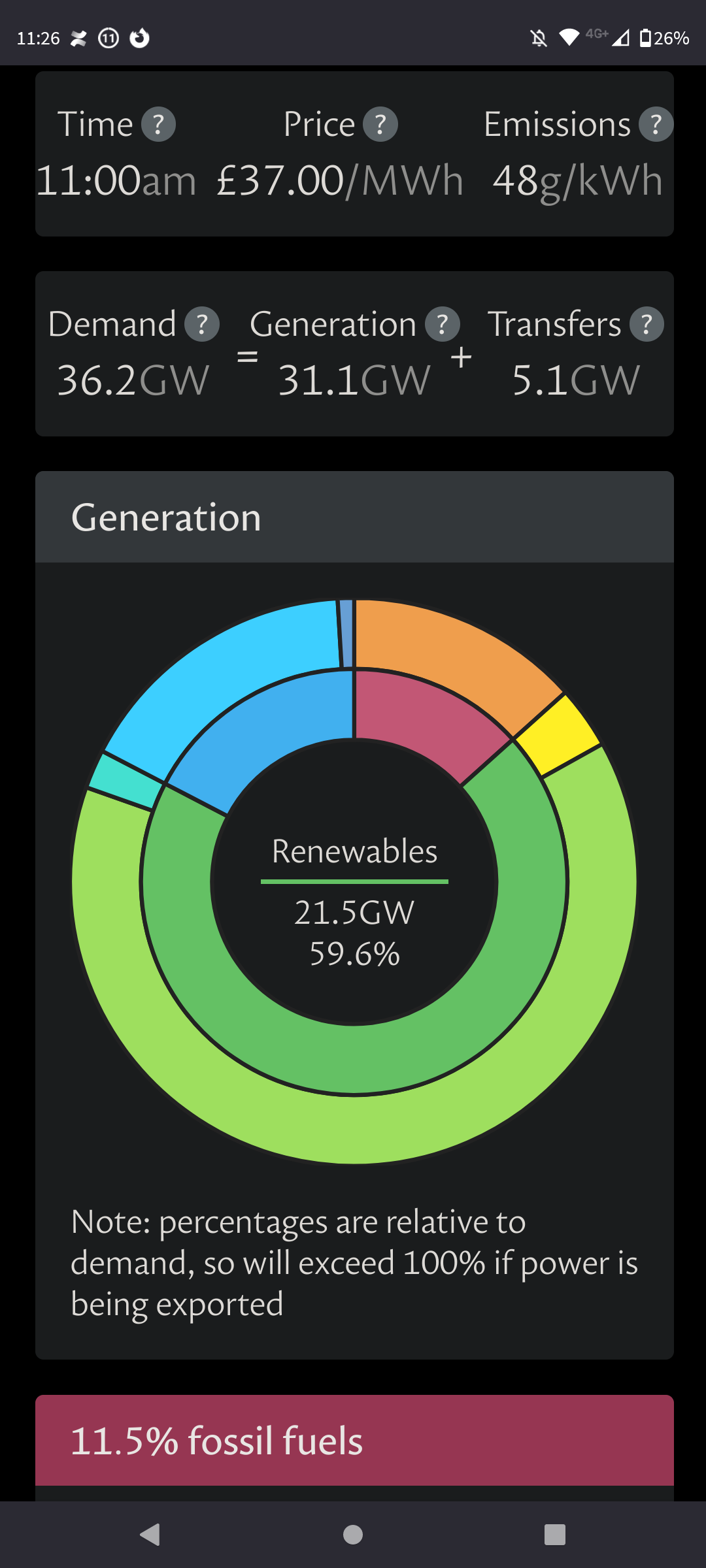Canada to announce all new cars must be zero emissions by 2035::Canada expects to announce this week that all new cars will have to be zero emissions by 2035, a senior government source said, as Ottawa is set to unveil new regulations in the latest example of countries around the world pushing for electrification.
Hope Canada has the political will to make this an actual reality.
I don’t think these kill all internal combustion engine by a set date policies are going to really work out. We’re still in the “incentivize people stage” of switching not the “kill it off internal combustion engine completely stage”. Most people don’t buy new cars cuz they’re just too expensive and there aren’t a lot of used EV’s that are affordable out there currently.
And before anyone says I don’t get the whole thing. I own an EV, I think there’s quite a long way to actually convince people to get them as a replacement.
We’re talking about 11 years in the future, and there’s a ramp up included in the legislation. That’s a long time, 11 years ago Tesla started selling the Model S, basically kicking off the current EV industry.
Eleven years is no time at all.
EV simply will not be ready by then.
I’d say they are mostly ready now except for a few very specific use cases.
Yes, batteries charging times should be shorter and have a longer range, but they are already acceptable for daily usage.
What we need is to wait while old vehicles are being phased out so people replace them with electric cars. Most people aren’t going to replace their perfectly working gasoline car with an electric just because it’s greener.
Once there are more readily available cheap models and second hand ones, it’ll probably be a smooth transition. I think it’s reasonable to stop selling consumer gasoline cars in a decade.
Definitely. A country who does this will be like Cuba is with all the old vehicles, and people doing everything they can to maintain them.
That’s a good thing in many ways. Environmentally a huge chunk of the problem lies in the manufacturing of new cars, and it’s even worse with electric ones. Current ICE should be kept running for decades, not replaced at all costs.
Now of course you then get into spikier debates when you look at who actually bears the cost of the transition. When poor people with street parking end up subsidizing rich people’s electric cars (as is currently the case where I live), we have a problem IMO. Not a new one; people who don’t drive have been getting shafted for decades. But now it’s getting worse!
Policies like this are not to help the consumer but to push the manufacturers. A typical major redesign is every 5-6 years so this gives them about 2 generations for each model. It gives them some time to ramp up but no more excuses. Most importantly, if that’s all they’re allowed to sell then they need to figure out how to make them sellable.
I think that really depends where you are. If you’re in the US, sure. The US is far behind on infrastructure. If you’re in Europe, it’s much more viable. They have a lot more infrastructure (including much better public transportation) and EVs are actually viable as a replacement.
Love this, but fucking hate having to deal with all the push back from Polievre, the Conservatives, Alberta, etc. Just hate seeing political ads masquerading as polls, or oil and gas companies trying to greenwash themselves, or the endless amount of idiotic comments from people who still don’t believe in climate change.
Yah, this is something conceived in a urban environment with high population density, and relatively warm weather, like Vancouver and Toronto.
It ignores about 95% of the country that has no mass transit and hits -20 and lower for 6 months of the year. There will need to be absolutely massive investments in technology for cold weather EV and power infrastructure to deliver a huge uptick in charging power across a massively spread out country. And our sources for renewable energy are pretty much used up, hydro hasn’t got a lot of possibilities left. Solar is awesome, but not a great producer this far north. Wind is only viable in a few localized spots and then you hae to get the power to the users from there.
Typical virtue signalling bullshit that’s not even vaguely realistic.
I have 27kW of solar panels , 5 days of battery storage on my house, extremely low energy usage (10kWh/day), and I still have to fire up the genny this time of year about once a week. And I don’t have to charge an EV.
The reason you know nothing will be done about this is that they didn’t set a small goal for the next few years, it’s another one of those multi-decade lofty goals towards which nothing will be done and at the end will be said it’s unrealistic. Like when Germany said the same.
Technically, with HVO, diesel engines can run without emissions. So “EV only” is not necessarily what this means…
If they set a 10 year goal it may take 20 years to hit 80% of goals, if they set a 20 year goal it’ll take 40 years to hit 50%, if they set a 50 year goal…
Nobody thinks this is a realistic goal, but the target gives a concrete number to set a mandate on which actually pragmatic policies, funding projects, and incentives can hang their hat on to keep the ball rolling.
With big infrastructure developments, nobody wants to buy into realistic goals, it’s too costly, and there’s never enough political will. You set overly ambitious goals so you can get people to buy in and then the project is too big to fail, so you end up paying what it actually costs, and you try to mitigate waste, unanticipated problems, corruption, and poor management along the way.
We’ll just have to carry gas generators on our electric trucks to drive to work in the bush I guess.
Too late anyways. Bottoms up.
Does break dust count as an emission?
*brake
And it should, it’s fairly toxic. Fortunately EV’s primarily and almost exclusively use regen.
Then there’s tire and road wear, which increase substantially with the heavier weight of EVs.
It’s really not as much as people make it out to be. I read something estimating an equivalent EV should be 20% heavier at our current technology, although some vehicles are much less efficiently designed and you have the monstrosity that is the Hummer
My Tesla seems like it’s about that although there’s really no ICE vehicle to directly compare to. However the important thing is it weighs much less than the pickups and full sized SUVs that all too many people drive. Feel free to advocate for taxes or fees based on weight and I’ll agree, secure in knowing my EV is lighter than half the population’s ICE cars and that it’s fair. The tendency (at least in US) is more of a problem than the extra weight of an EV.
If we consider the specific problem of road wear, it’s also a much smaller to non-existent problem than people think. Yes, road wear is relative to weight but cars are on the flat part of the curve where a few hundred pounds makes no real difference compared to road wear dominated by big trucks
Tire and road wear are not “as bad as exhaust” like some people suggest, but weight significantly increases road wear per the Fourth Power Law. So even 20% more isn’t great.
And as pretty much everyone transitions to EVs, I expect the ratio of trucks in EVs to come up to the same as with ICEV. I know some people have come down to the decision “Do I buy an EV car or an ICEV truck?” but as more EV trucks come on the market, I expect the size of vehicles to continue to grow.
I’m just trying to point out that EVs aren’t purely good and we as a society should be reducing our car usage in general. If alternative transportation (walking, biking, public transport) is possible, we should be facilitating and encouraging it.
Living in a city with an effective transit system, such as Boston or NYC, gives so much freedom to go anywhere anytime that you just can’t do with cars. It’s definitely something we need to work toward, and imagine how much better a good transit system would be.
The same with intercity rail: it’s so much faster and easier traveling Boston —> NYC with Acela than by driving or flying, and there’s no reason we can’t have similar serving most of the population (not area, but population)! Or imagine leveling up to high speed rail!
But some locations and usages will always be best served by personal vehicles , and transit will take decades, even if our politicians start funding it adequately
SUVs are by far the biggest factor that has driven vehicle weight.
Of the direct operational sources of pollution:
- co2 - none
- ozone and exhaust particulates - none
- brake dust - almost none
- oil and fuel leaks - none
- tire dust - 20% more
EVs may not be perfect but they’re a HUGE improvement.
Even the 20% more tyre wear… That should mean I need to replace tyres faster. I’ve had one new set in 5 years on my EV (at about year 4). My old car was every other year. Sure compounds change, but I’m just not seeing more tyre wear.
In the new euro 7 emission standard it does
Don’t look at what powers the power plants. Just sit back and think you’re enjoying your zero emissions cars
Perfect is the enemy of good.
How many cars are affordable at this point which offer 0 emissions?
Affordable to them.
You don’t have to buy a new car.
Do tire particles emitted from wheels count as emissions?
deleted by creator
Looks like Canada’s grid has damn close to 0% coal and rapidly being phased out

Quebec is almost entirely hydro, Ontario is primarily nuclear and hydro, there are no operating coal plants in Ontario last I checked, just some gas plants. Those 2 provinces alone are just over 60% of the country, looking at the latest energy future report something like 81% of Canada’s power capacity is from renewables and nuclear, 61% being hydro.
Huh, here in Massachusetts, we’re trying to push through some long distance power lines so we can buy some of that sweet Canadian hydro.
Removed by mod
And as many created in buildin infrastructure, power distribution and maintenace.
And you created thousands more as you have to find people to build the charging infrastructure that barely exists in some locations at all., including most residential homes/apartments/condos, which gasoline doesnt touch.
Is that no emissions at all along the cars life from production to scrap? Cus EVs today are in large just virtue vehicles.
Dependable and available public transit is the answer to our transportation needs with electric vehicles substituted in areas where public transit presents implementation challenges.
Electric cars cannot be the backbone of our system if we look to reduce emissions and environmental hazards to a level that allows us to continue existence as we know it.
In Canada?
Obviously the metro areas and immediate surrounding suburbs can improve, but it’s a huge country
I dunno some intercity buses and trains would be nice… Like unless you can fly or rent a car I don’t know how you get to most of the country without your own car.
You mean like where 80% of our population is?
I do mean that. Where did I suggest otherwise? Is Canada big a huge country?
Hahahaha public transit.
Have you looked at the energy/environmental costs of trains or busses?
Hint: they both consume the same energy fully loaded or empty, as a start.
And train infrastructure is a massive user of concrete, steel, copper, etc.
Per capita it’s insanely lower than the personal cost alternative.
Why would you measure per capita? Not everyone will use it. How about per passenger?
Carbon tax deals with industries that creates emissions by taxing the fuels that cause the emissions. All businesses involved in making EVs and EV parts can choose between using taxed GhG-emitting fuels, or non-taxed cheaper renewable sources. Free markets will pick the winner, but at least all winners will be producing EVs only.
What makes you say that?











